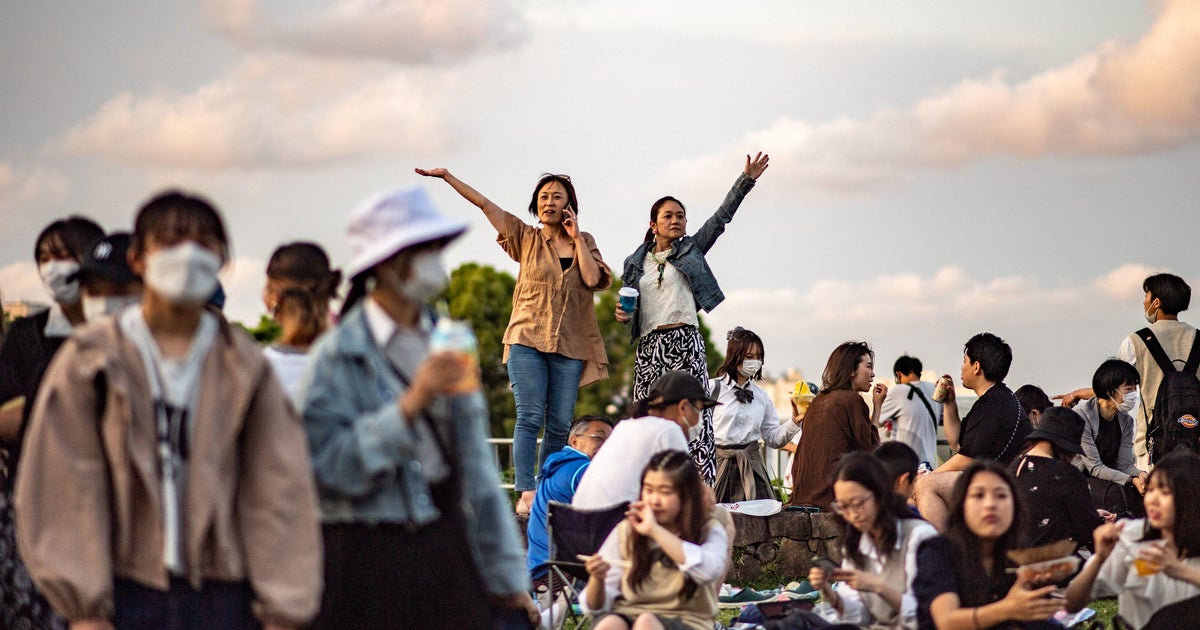
Scientists probe Japan's remarkable COVID success in hunt for new vaccine to protect some of the most vulnerable
CBSN
Tokyo — Japan's notable coronavirus pandemic resilience has generated scores of possible explanations, from the country's preference for going shoeless indoors, to the purportedly low-aerosol-generating nature of Japan's quiet conversation, to its citizens' beneficial gut bacteria. Even irreligiousness — said to have spared the Japanese from exposure to crowded houses of worship — has been touted as a virtue in the age of COVID-19.
Despite having the world's oldest population, with almost one in three residents 65 or older, Japan has had fewer COVID fatalities per capita than almost any other developed nation. As of Thursday, Japan had registered only 246 COVID-19 deaths per million people, surpassing even New Zealand (263) which initially adopted a zero-COVID, maximum-suppression strategy. By comparison, the U.S. has a cumulative toll of 3,045 deaths per million people.
But COVID mortality statistics alone, often based on inconsistent and/or incomplete records, don't tell the whole story. Researchers estimate that Japan has had 111,000 "excess deaths," more than five times the number of reported COVID fatalities, when mortality from disrupted medical care and social dislocation are factored in.
